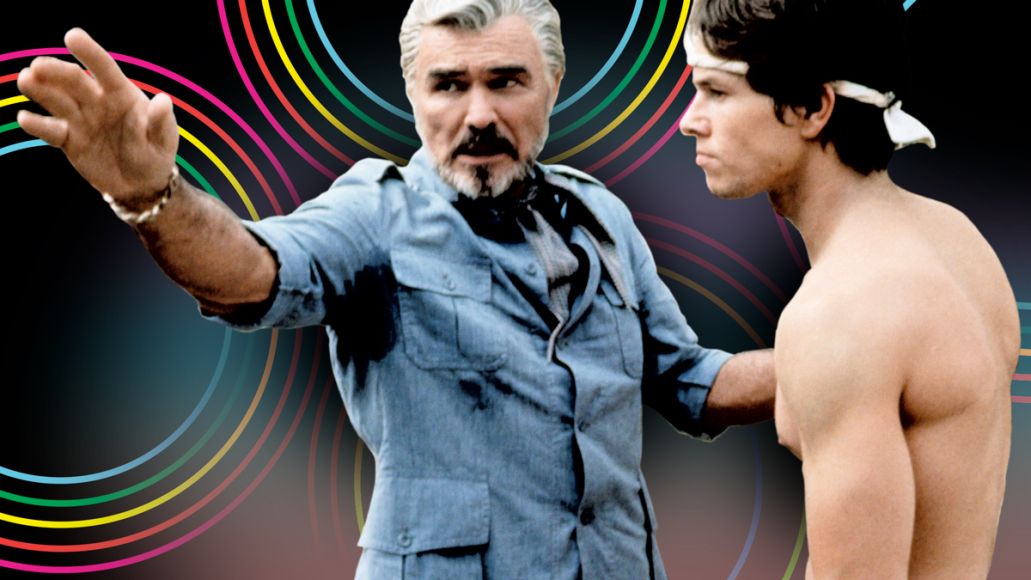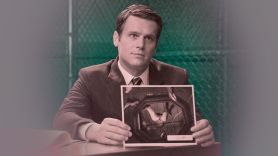25 years ago, Boogie Nights arrived in theaters, introducing audiences to a promising-turned-renowned filmmaker (Paul Thomas Anderson) and showcasing a fantastic ensemble of young breakout performers (Mark Wahlberg, John C. Reilly, Philip Seymour Hoffman), rising character actors (Don Cheadle, William H. Macy, Julianne Moore) and Hollywood veterans (Burt Reynolds, Philip Baker Hall) in an endlessly entertaining depiction of the Golden Age of Porn.
Laced with colorful period detail and a vibrant wall-to-wall soundtrack of pop, disco, and Motown, Anderson’s sun-soaked chronicle of the San Fernando Valley in the late 1970s illustrated a seemingly halcyon time in American culture. As the film’s trailer posits, it was an era when “sex was safe, pleasure was a business, and business was booming.” We used to be a proper country, Boogie Nights seems to suggest.
Anderson filters all the ostensible love, optimism, and prosperity from that period through the partnership between high school dropout Eddie Adams (Wahlberg) and popular porn director Jack Horner (Reynolds). On one fateful night at the Reseda nightclub Jack frequents and Eddie works at, Jack recruits Eddie to act in his next slate of films. Cursed with a dysfunctional home life in Torrance but gifted with a large appendage, Eddie decides to inhabit the role of Jack’s muse, successfully transforming into the porn persona Dirk Diggler.
Joining Jack’s loving if transgressive surrogate family, Dirk immerses himself with hapless single mother Amber Waves (Moore), radio salesman Buck Swope (Cheadle), aspiring magician Reed Rothchild (Reily), cucked assistant director Little Bill (Macy), awkward gay boom operator Scotty (Hoffman), and the startlet Rollergirl (Heather Graham).
Dirk’s youthful sexual potency represents both a beacon of creative and economic potential for Jack and an avatar for Anderson’s own hot-shot ingenuity — the writer-director made Boogie Nights at 26 years old. Like Dirk, everyone faces some form of professional, domestic, or romantic rejection that deepens their desire for autonomy as much as it sets them each on a path toward disappointment or self-destruction.
“There’s Practically No End to How Much Money You Can Make”




